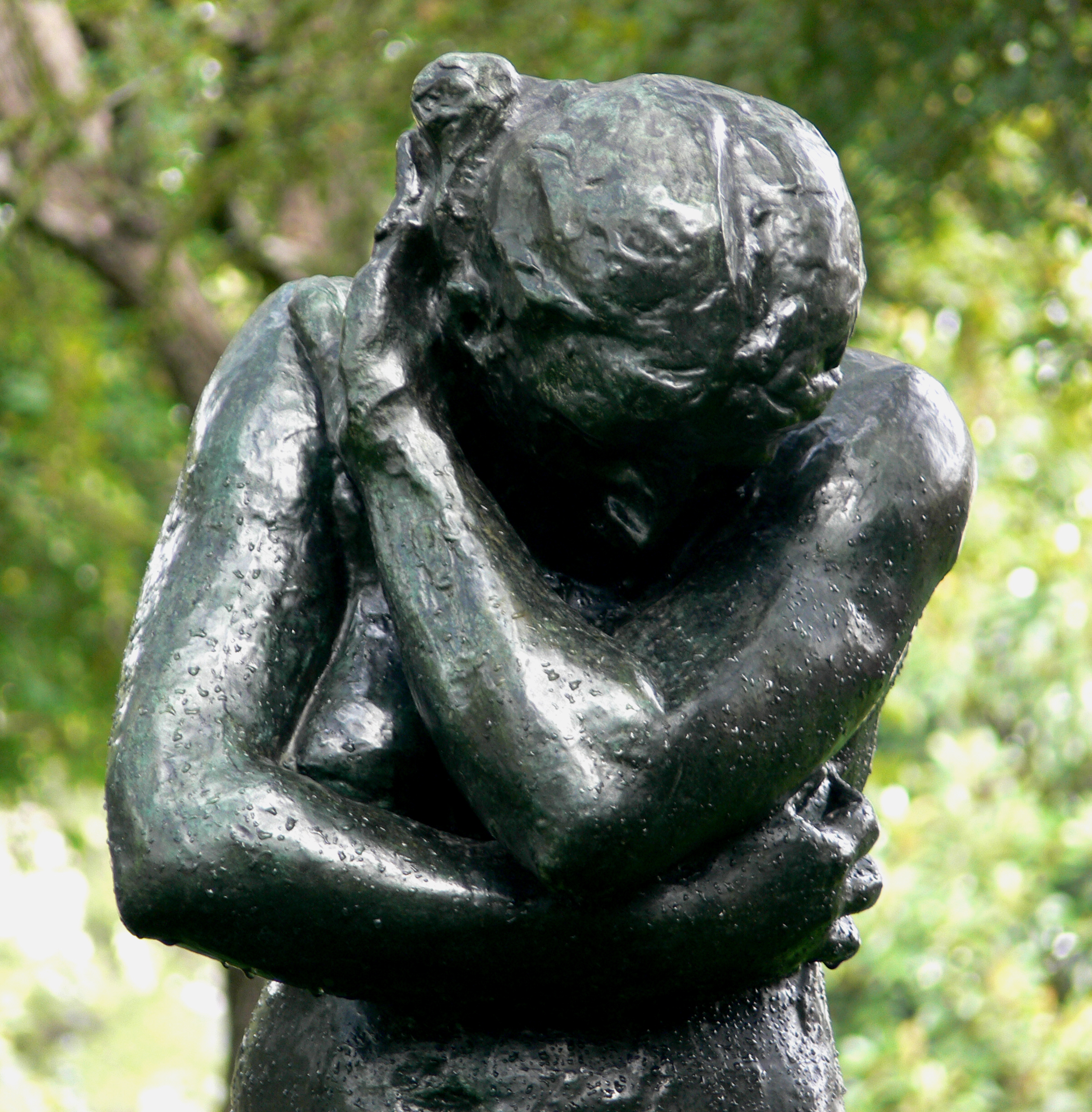
A silver sycamore stands sentinel,
Watches while my soul drips sore
With grief unwonted, unlooked for;
Ache unmended upended my core
This night, all things but one went well...
The Eve had melted to Holy Day,
When I stood for the last time
This visit, the candlelight sublime
Still burned bright on eye's mind,
As I blinked hard, keeping tears at bay...
Two short years ago I was not alone
This night—I walked down the aisle,
By my side a tiny woman with a smile,
Proud to have her family here a while
Nodded to all around—now she is gone...
Gone from slippery wooden pew,
From the lips and the minds of men,
Who are so quick to carry on again—
But a grandchild starts weeping when
Memories come in waves not a few...
Perhaps Christmas Eve must start
With this wretched, Fall-tainted scar
To remind me of that blazing star
Leading the lowly and wise from afar
To seek the Healer of each man's heart.











